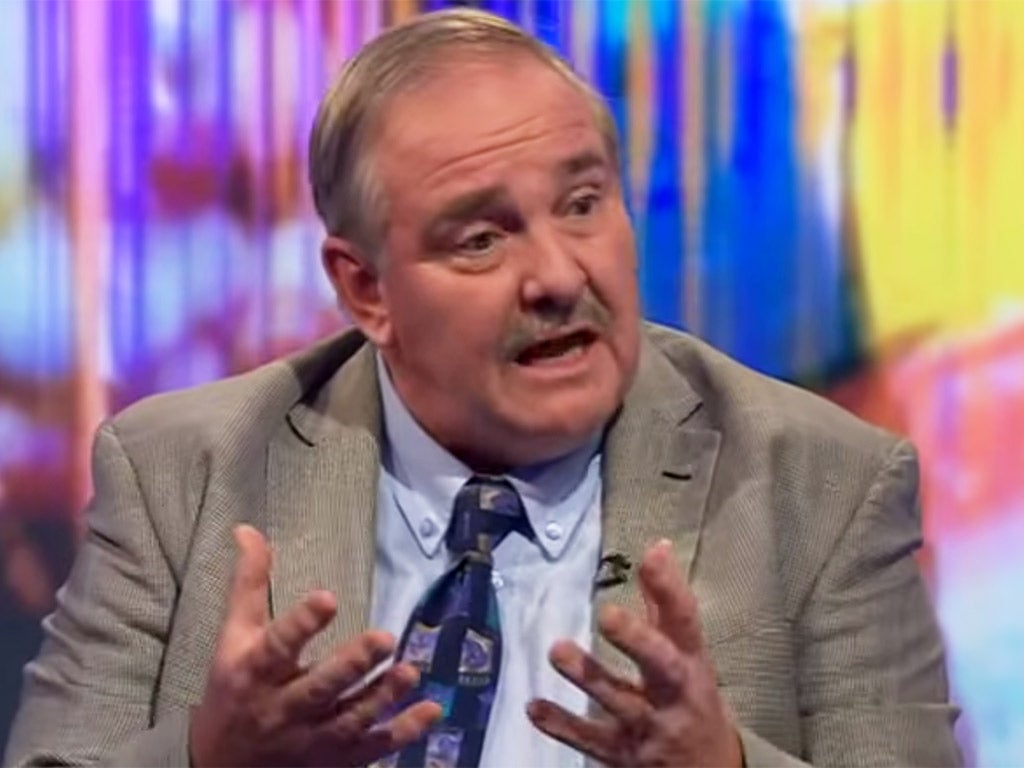Twenty people took LSD – and we can't find out what happened to them
20 British volunteers have had their brains scanned while under the influence of LSD

Your support helps us to tell the story
From reproductive rights to climate change to Big Tech, The Independent is on the ground when the story is developing. Whether it's investigating the financials of Elon Musk's pro-Trump PAC or producing our latest documentary, 'The A Word', which shines a light on the American women fighting for reproductive rights, we know how important it is to parse out the facts from the messaging.
At such a critical moment in US history, we need reporters on the ground. Your donation allows us to keep sending journalists to speak to both sides of the story.
The Independent is trusted by Americans across the entire political spectrum. And unlike many other quality news outlets, we choose not to lock Americans out of our reporting and analysis with paywalls. We believe quality journalism should be available to everyone, paid for by those who can afford it.
Your support makes all the difference.The results of one of the first modern experiments with LSD – the “psychedelic” drug of the 1960s – will have to wait until the scientists involved raise £25,000 to analyse the data, it emerged yesterday.
For the first time anywhere in the world, 20 British volunteers have had their brains scanned while under the influence of LSD as part of research carried at the University of Cardiff, said Professor David Nutt, the government’s former drugs tsar.
Although the preliminary results are “exciting”, the final analysis cannot be completed due to lack of funding from conventional research agencies, which is why the scientists are aiming to raise money from the crowd-funding site Walacea.com, said Professor Nutt of Imperial College London.
The Medical Research Council and the Wellcome Trust charity, have turned down requests for the grants needed to complete the research, he said.
“The issue always comes to ‘well look, these are recreational drugs’, and the recreational label is so powerful I think is scares people off,” said Professor Nutt who was sacked from his job as government adviser in 2009 after saying that ecstasy and LSD were less harmful than alcohol.
“I personally think the neuroscience that’s been uncovered by these drugs is revolutionary. This research is so important it should be funded to the tune of millions,” he said.
Dr Robin Carhart-Harris, also from the Imperial College team, said the dose of LSD given to the volunteers was a “tiny speck”, but added: “The effects are quite profound. It would be described as a moderate dose but a moderate dose of LSD can still produce a profound state of consciousness.”
He added: “I wouldn't say that it's a dangerous experiment but I would say that LSD has potential negative effects. Probably the crucial one is a bad trip. It's not uncommon for people to have anxiety during a psychedelic drug experience...the experience can be nightmarish at times.
“What's especially intriguing…is that people can have a very challenging experience yet afterwards they seem to be somehow psychologically refreshed by the experience. That's how they describe it.”
He said there had been no evidence of psychedelic drugs such as LSD triggering psychosis in research studies, although there were anecdotal reports of this occurring through recreational use.
Join our commenting forum
Join thought-provoking conversations, follow other Independent readers and see their replies
Comments